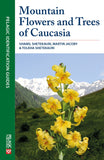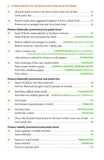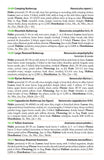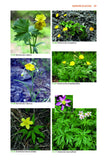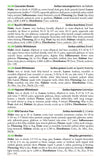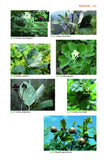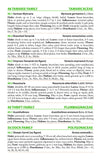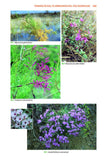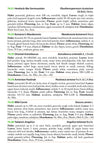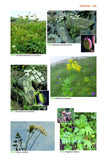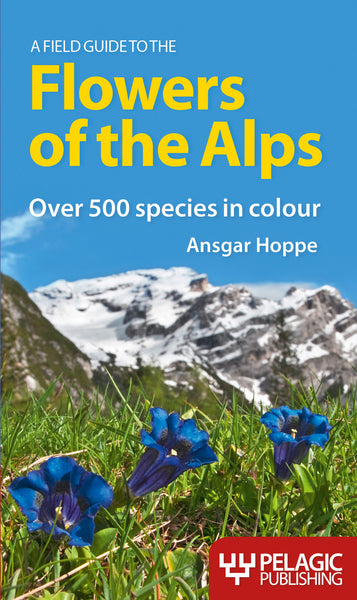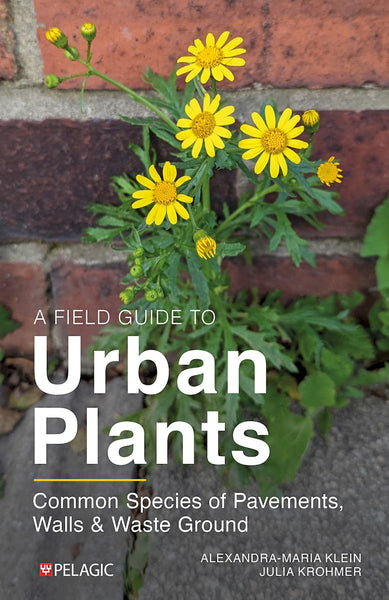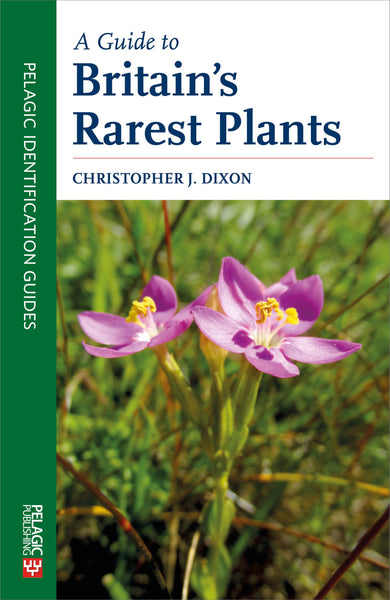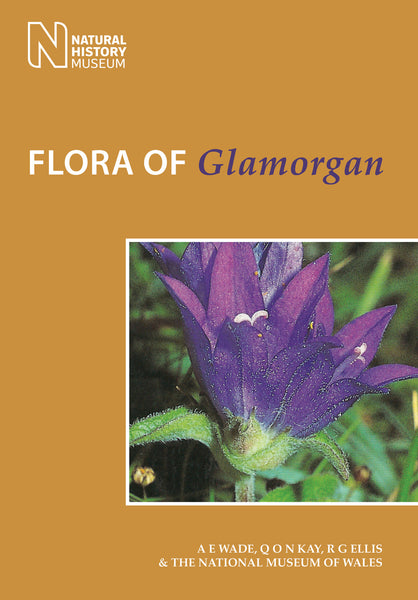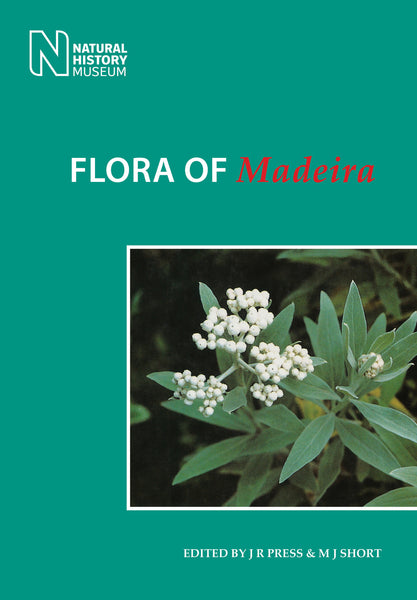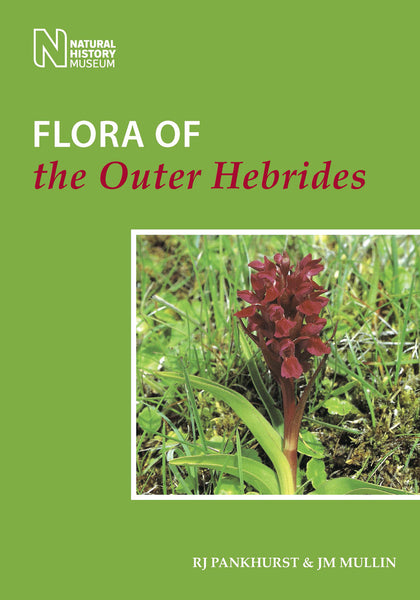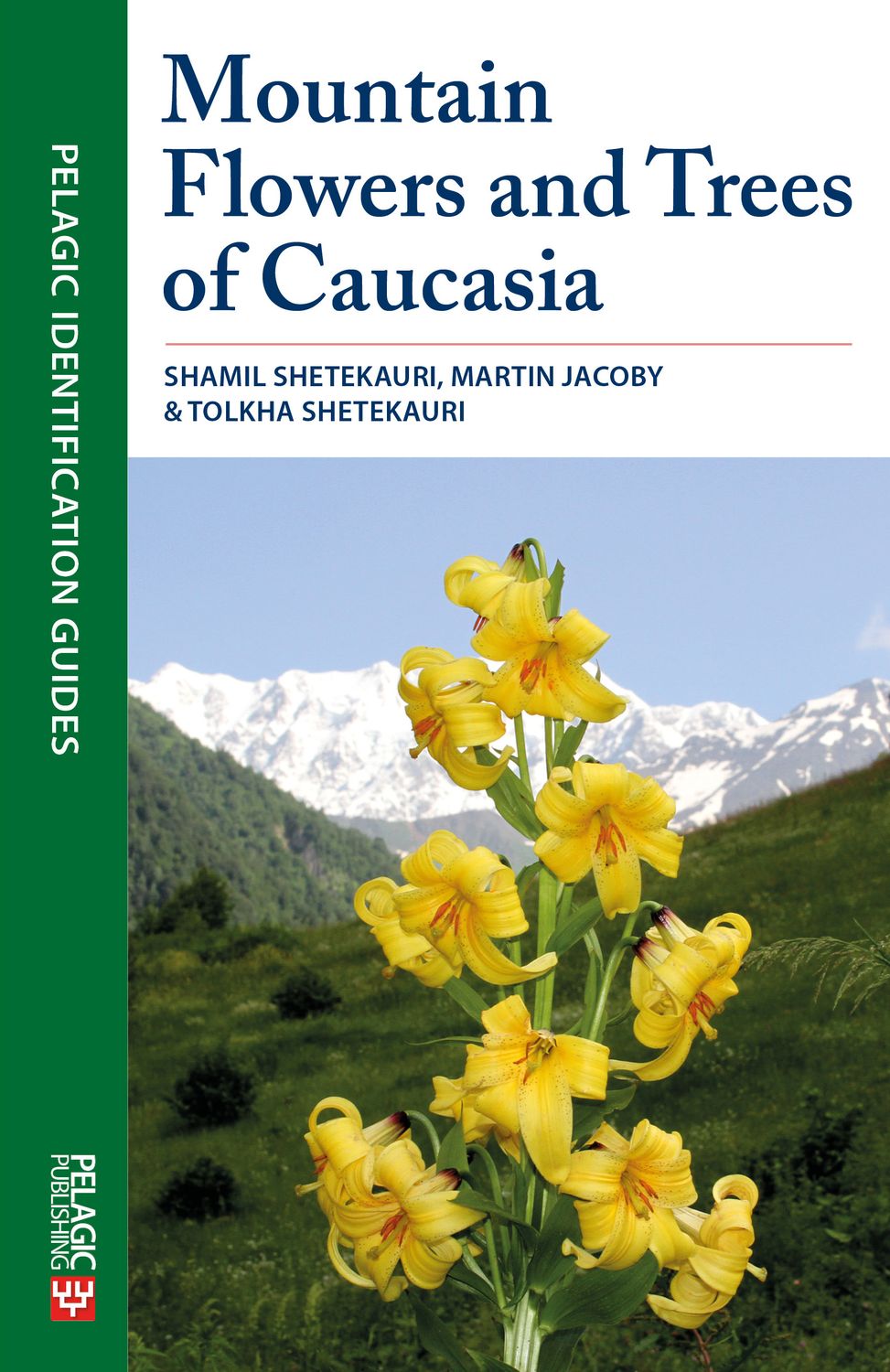
Mountain Flowers and Trees of Caucasia
- Identification guide to 1,009 species of flowers and trees from mountainous Caucasia
- Key to families, and keys to genera of selected families
- 1049 colour photographs
- The country is a very desirable botanical destination and this looks to be a good and useful guide to take with you.
—Brian Livingstone, The Linnaean
- alpine flowers
- Armenia
- Azerbaijan
- Caucasia
- Caucasus
- field guide
- flora
- flowers
- Georgia
- Iran
- trees
- Turkey
- wild flowers
Description
The mountains of Caucasia lie between the Black and Caspian Seas and on the boundary between Europe and Asia. They include the highest, most dramatic, least spoiled and least known mountain ranges of the northern hemisphere after the Himalayas and Rockies. The area supports about 6,400 species of vascular plant of which a quarter occur nowhere else (i.e. they are endemic to the region), and about 850 species of vertebrate animal of which some 120 are endemic. This is the highest percentage of endemism in the temperate world, and makes Caucasia one of the most important hotspots of biodiversity on Earth.
Mountain Flowers & Trees of Caucasia describes and illustrates in full colour nearly all the wild flowers, trees and shrubs that can be found over 1,000 metres above sea level – 1,009 species. The authors hope that this field guide will encourage you to visit the mountains of Caucasia to delight in their unique and spectacular assemblage of flowering plants, and so contribute to its conservation.
The authors include an overview of vegetation in Caucasia, along with a key to families, and keys to genera of selected families.
This second edition has increased the number of species described to over a thousand, and adopted the modern systematic order of Plant Families described by the Angiosperm Phylogeny Group to show evolutionary relationships. The order of genera within each Family generally follows that of Flora Europaea. To ease the problem of synonyms, Mountain Flowers not only makes use of The Plant List (tPL), which is easily accessible on line, but gives a substantial list of other synonyms not included in tPL. Each species has a unique number which allows its description, photograph, synonyms and index entry to be easily linked.
Readership
An essential guide for any naturalist visiting Caucasia.Table of Contents
Map of Caucasia
Preface
Acknowledgements
Abbreviations
Vegetation of Georgia
Keys to the recognition of plant families
Keys to the recognition of genera in selected plant families
Descriptions of the species
Synonyms
Botanical vocabulary
Index
Reviews
- The country is a very desirable botanical destination and this looks to be a good and useful guide to take with you.
—Brian Livingstone, The Linnaean
About the Author
Shamil Shetekauri is Georgian and was born in 1955 high in Greater Caucasus. He is Professor of Botany at Javakhishvili State University, Tbilisi, and his current research interests are in floral diversity, ecology and endemism in Mediterranean and Caucasian mountains.
Martin Jacoby is English and was born in 1938. He read zoology at Oxford, taught in schools for 18 years, then led field-studies tours in Caucasia, Europe, Africa & South America for 20 years. He is now retired.
Tolkha Shetekauri is Shamil’s son and also a botanist. He was born in 1992. He has a bachelor degree in biology and is now reading a masters in Natural Resources Management. He works in the Department of Plant Conservation in the National Botanical Garden of Georgia, Tbilisi. His current research interests are in botany, biodiversity and conservation biology.
Bibliographic Information
 xv, 380 pages
xv, 380 pages - 1049 colour illustrations, 5 maps
- BISAC NAT013000, SCI011000, NAT034000
- BIC WNP, PST, 1DVUG, 1DVUR, 1DVUZ, 1FBN, 1DVT, 1DVUA






